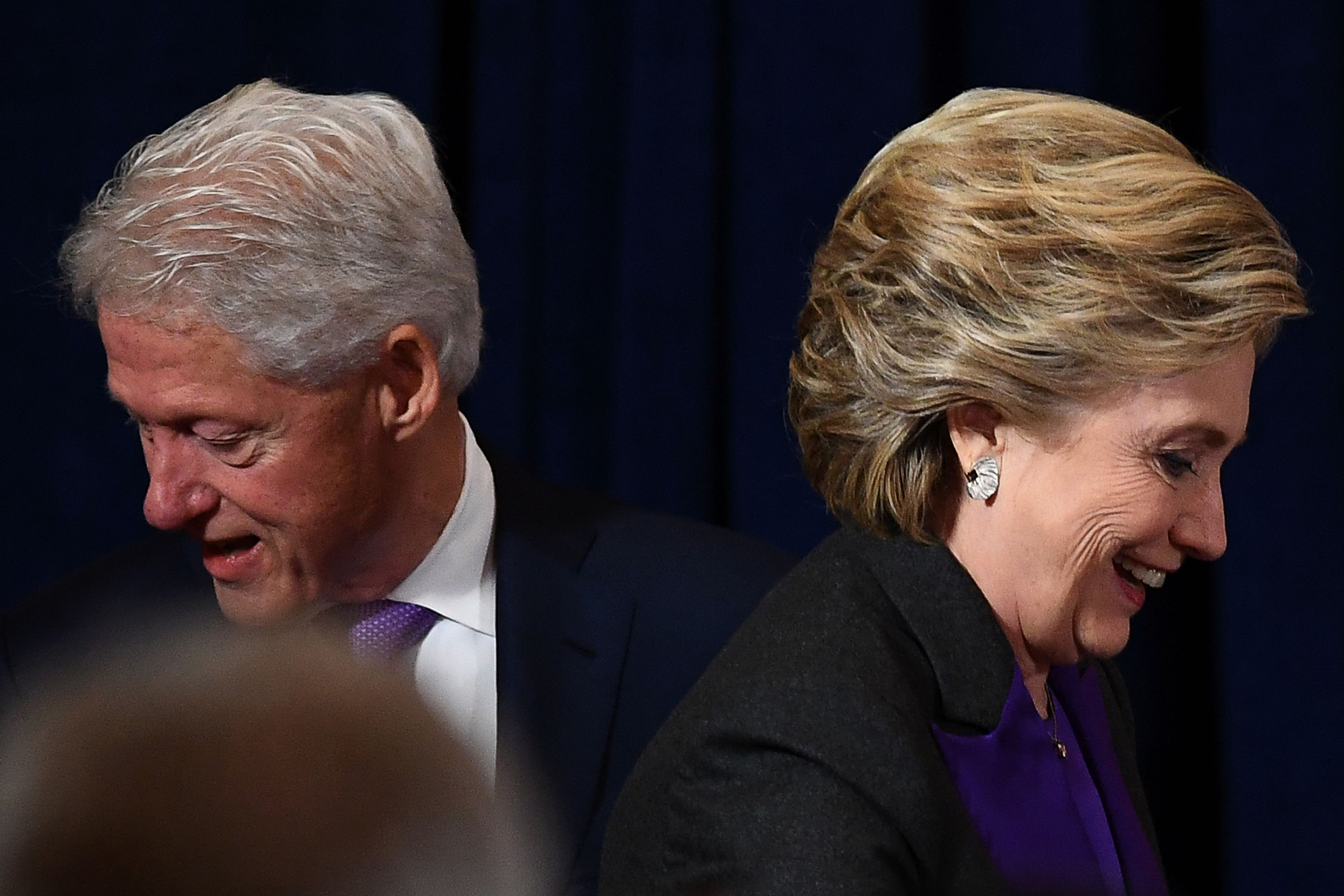News Desk |
Announcing its decision in the Kulbhushun Jadhav espionage case, the International Court of Justice (ICJ) has ruled that the Indian spy cannot be sent back to India nor can the sentence of the military court calling for Jadhav’s execution cannot be annulled. The court also rejected India’s demand for safe passage and return to India.
ICJ verdict: (1) Jadhav will not be released (2) His sentence not overturned (3) His hanging stayed (4) He will get Consular access (5) His sentence to be reviewed.
Conclusion: Indian all pleas rejected except consular access. Not too bad for Pakistan. Pretty bad for India— Fahd Husain (@Fahdhusain) July 17, 2019
However, the court ruled that Jadhav must be given consular access. The execution sentence will have to remain suspended until Pakistan effectively reviews and reconsiders the conviction/sentence. However, it denied India’s demand to move the case out of military court.
Read more: ICJ lawfare and likely outcomes in Kulbhushan Jadhav Case
“To conclude, the court finds that Pakistan is under an obligation to provide, by means of its own choosing, effective review and reconsideration of the conviction and sentence of Mr Jadhav,” the statement read.
“With regards to India’s contention that it is entitled to restitutio in integrin and its request to annul the decision of the military court and to restrain Pakistan from giving effect to the sentence or conviction, and its further request to direct Pakistan to take steps to annul the decision of the military court, to release Mr. Jadhav and facilitate his safe passage to India, the court reiterates that that it is not the conviction and sentence of Mr. Jadhav which are to be regarded as a violation of Article 36….”
The decision was announced in open court by Judge Abdulqawi Ahmed Yusuf who is the president of the ICJ.
Pakistan’s delegation was led by Attorney General Anwar Mansoor Khan and also included Foreign Office Spokesman Dr. Mohammad Faisal.
The Attorney General had told the court that Jadhav was running a network “to carry out despicable terrorism and suicide bombing, targeted killing, kidnapping for ransom and targeted operations to create unrest and instability in the country”. Pakistan had maintained that Jadhav’s activities were carried out on India’s bidding as espionage.
India had approached the ICJ to stop Kulbhushun Jadhav’s execution after he was sentenced by a Pakistani military court in April 2017. India had asked the ICJ to order Jadhav’s release in relation with the Vienna Convention because he was denied consular access and not allowed to choose his own defence lawyer.
Who is Kulbhushun Jadhav?
Kulbhushan Jadhav, a serving officer of the Indian Navy was arrested on 3 March, 2016 in a compound in Mashkhel area of Balochistan. The area of his arrest is situated very close to the Iranian border.
Jadhav was recruited in the Indian Navy in 1987 and assigned the number 41558Z. Posted in Iran around 2003, he had been serving RAW since 2013. At the time of his arrest he was carrying an Indian passport (No: L9630722). The passport was issued under the alias of Hussain Mubarak Patel.
Read more: Why Jadhav became so important for India? – Dr Moeed Pirzada
The Inter Services Public Relations (ISPR) released a confessional video some twenty days after the arrest. In the video Jadhav confessed that he was a serving officer of the Indian Navy, New Delhi replied that he was a former officer.
As a military tribunal sentenced Jadhav to death for espionage in April 2017, Army Chief General Bajwa endorsed the sentence soon after. As India moved the ICJ against the decision, the ICJ duly issued a stay against the execution. Pakistan also allowed Jadhav to meet his wife and mother in December of the same year.
In a second confessional statement released in June 2017, he confessed that he had been trying to organize acts of terror in Balochistan at the behest of the Indian government. Pakistan believes that Jadhav’s ultimate aim was sabotaging the China Pakistan Economic Corridor (CPEC).
India had repeatedly asserted that Jadhav was abducted from Iran and brought into Pakistan. However, during the trial Pakistan’s counsel Professor Khawar Qureshi had pointed out that India had exposed its own lie by never raising the issue formally with Iran.














